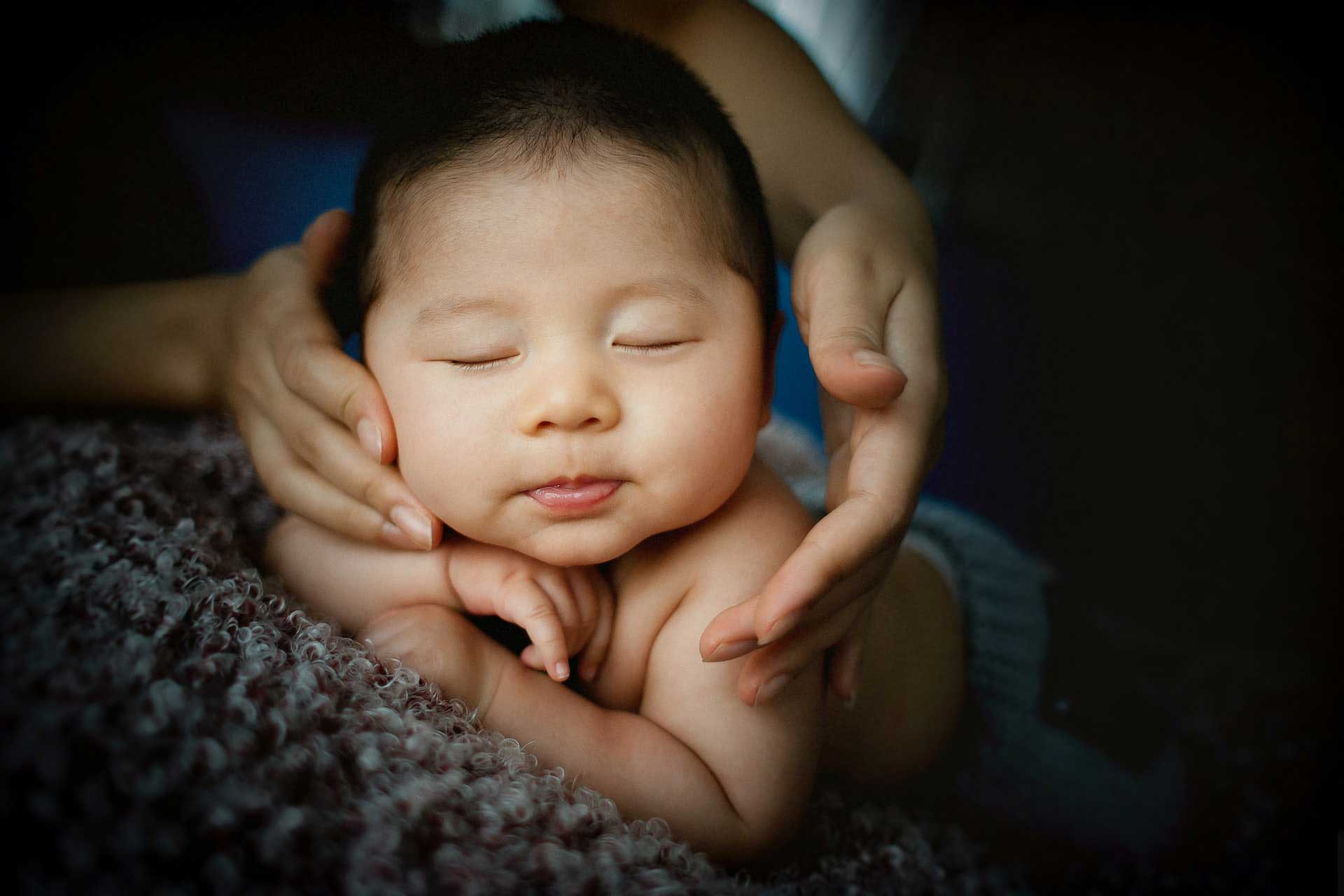What is Egg Donation?
Egg donation is a process in which a fertile woman donates an egg, or oocyte, to another woman to help her conceive.
Reasons to consider Egg Donation:
- Couples where the female partner has poor egg quality or low ovarian reserve but wish to have a biological child using the male partner’s sperm
- Same sex male couples who wish to use donated eggs for family planning
- Women with no ovaries but an intact uterus
- Women who wish to avoid passing down known inherited diseases to their children
- Women with poor response to medication for ovarian stimulation
- Advanced reproductive age
- Diagnosis of ovarian failure or early menopause
- Women undergoing cancer treatment

Egg Donation Process
The egg donor must undergo ovarian stimulation and egg retrieval. During this time, the recipient or intended female parent (the woman who will receive the eggs after they are fertilized), receives hormonal medications to prepare her uterus for implantation. After the retrieval, the donor’s eggs are fertilized by the sperm and transferred to the recipient’s uterus. The recipient will not be genetically related to the child, but she is a biological parent in the sense that she will carry the pregnancy and give birth.
Egg donation may require economical planning since donor selection, screening, and treatment add additional costs to the IVF procedure. However, the relatively high live birth rate for egg donation, over 50% nationally provides many couples with their best chance for success. Overall, donor eggs are used in nearly 10% of all ART cycles in Canada.
The use of gamete or embryo donors can be a complicated and confusing process with lifelong implications. Our team at Halton Fertility & Women’s Health Centre can provide the necessary services to aid in the selection process, including genetic counselling and integrated care for mental health and emotional support.
